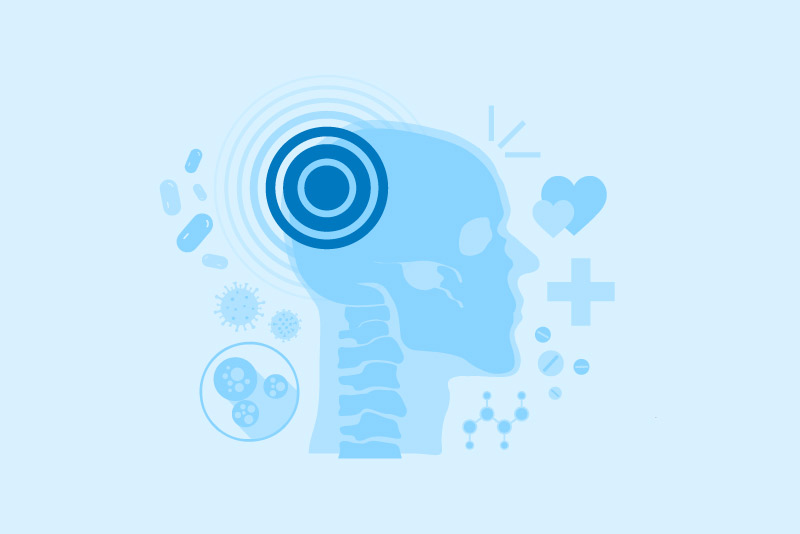Your Curated Tumblr Experience Awaits!
Dysgraphia - Blog Posts



I decided to write a bit about learning disabilities and my opinions on how they are handled in schools. I handwrote it as a demonstration of how my dysgraphia still affects my writing, but I also typed up a translation for anyone who might have trouble reading that.
I was diagnosed with Dsygraphia and ADD in second grade and I only found out that I had Dsygraphia in seventh grade(my parents knew but I didn’t) and my sister is an excellent artist so I understand.
*sad sigh*
I always get depressed when I remember that I can’t draw. I wish it was something like “Oh I’m just bad at drawing” but I physically can’t, no matter how hard I try. The sad part about it is that it haunts me even today. I have a rare neurological disorder called “Dysgraphia"
What is Dysgraphia?
To put it in simple terms it is the inability for a person to match the image in their head to paper. It has also been described as a "A memory problem on the microsecond level.” Some people describe it as a motor skill deficiency.
What many people don’t know is the act of writing is actually a memory task. You are remembering the shape of a letter and writing it. We auto correct our writing to match our first letter. That way your first letter and last letter should be written in the same “style” and shape. The brain remembers how you wrote your letter or shape and adjusts your muscles to continue writing in that same style. All this information happens in a fraction of a second.
For people like myself, our brains cannot adjust to match each letter or shape. The result being that every letter and shape and line is different and sometimes incorrect. Spelling mistakes occur frequently in people who have dysgraphia. Often being told that they are “bad spellers” the problem is that their brains have processed the next letter already but the motor skill hasn’t caught up and they leave out letters.
There are currently no known cures for the condition and as a whole it is ignored. Simply told to “practice writing” in hope that the brain will remember how to correctly write. The condition is listed as a type of dyslexia but is considered to be rather unimportant. The current best “treatment” is to use a word processor or computer. “Finding alternate methods of communication”. Which basically means “Its not important enough for us to care about."
Being a kid I was always teased and scolded by people for my "bad handwriting” my teachers would complain to my parents about how I was a “sloppy” writer. I was labeled "lazy" and “unorganized” because I couldn’t write well. Which frustrated me because I would write as slow as I could in an effort to make it legible. Often I would be the last to turn in my assignment and it would be incomplete or I would have cramps in my hands and ended up quitting. Believing me to be retarded or mentally challenged I was subjected to tests from the school.
The school basically threw their hands up. It didn’t make sense. Writing and drawing I was nearly inept at but when it came to reading and speaking I was performing way above other students in the class. The other students picked up on it and would often exaggerate the extent they couldn’t read my writing and I was the last one to be picked for “pictionary”. Becoming more and more frustrated, I just stopped participating and choosed to read instead. The older I got the more I was scolded for my handwriting. Often told “You write like a elementary kid!” I often wouldn’t turn in reports I had to write. It gets more frustrating when people tell you “it isn’t that hard” to fix it.
Do a test. Find a piece of paper (lined) and write the sentence “The quick red fox jumped over the lazy brown dog.” Chances are your hand writing is pretty consistent. Now try to write the same sentence making sure that every letter is written in a completely different way. Space your letters incorrectly. Finally, make sure to write random letters backwards. I suggest “e” “r” “f” and “q”. Next, Try to draw a line or a circle. Be sure to change the pressure so that some areas are darker than others. Curve your straight line and make a slightly straight line on your circle. It will probably take you a few moments. That is how it is for me to write or draw in a way that most people can read. Your hand is probably cramping a little too. Which is what happens when I write anytime. Over the years I’ve had to deal with it and I can ignore the pain. The thing I can’t ignore is the fact that I often can’t read my own writing.
So I say to everyone who can draw, Don’t ever curse your gift. Have more confidence in yourself and your abilities. Because you don’t know what its like to not have them.





























































































whenever I finish a book (without a movie adaptation or with unpopular movie adaptations) for school I look it up on ao3 and get disappointed
but I also lack the executive function and time to write a fic, especially after having to write an essay
with all the writing students have to do, at least some of it should contribute to the enjoyment of literature among future students
tldr: please just assign us to create a fandom